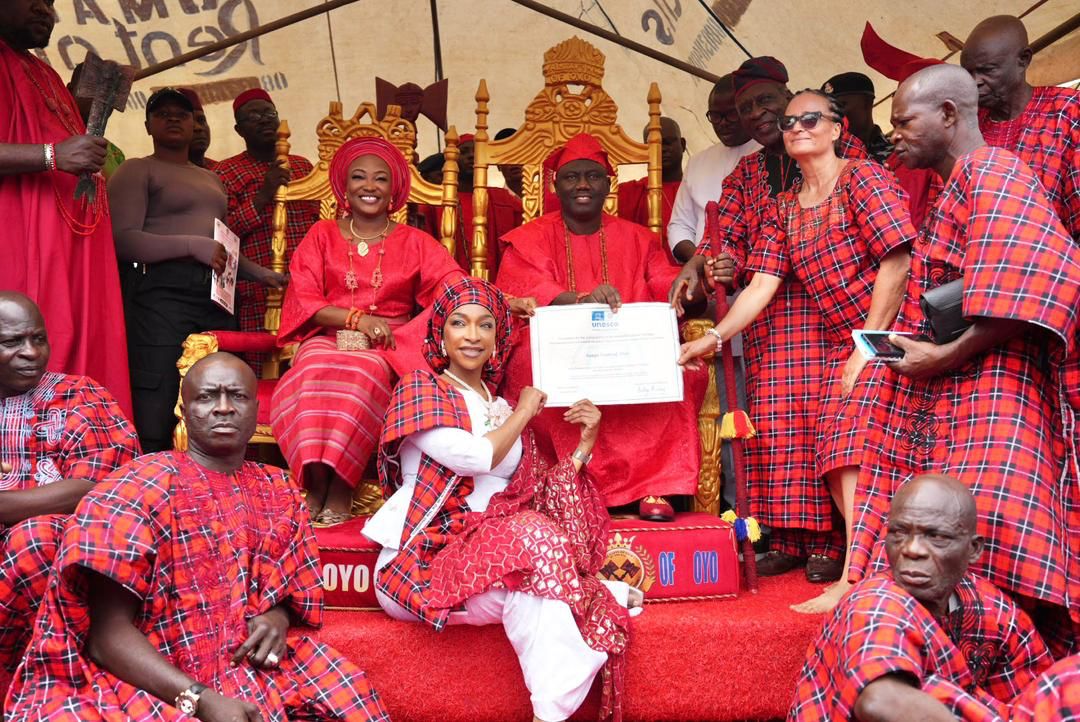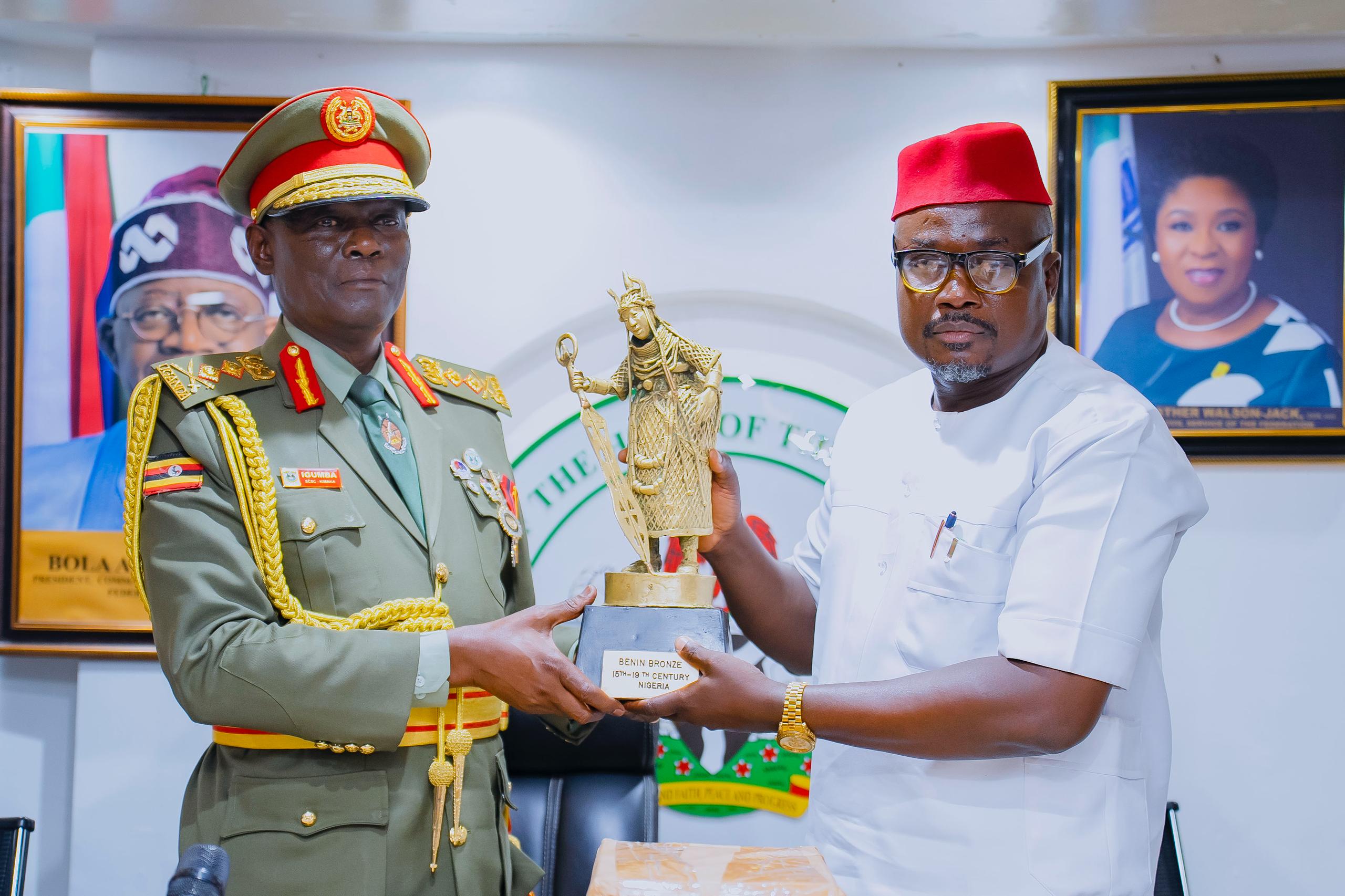The Minister of Art, Culture, and Creative Economy, Barrister Hannatu Musawa, has unveiled a bold vision to elevate Nigeria’s creative industry into a significant pillar of the nation’s economy.
Leveraging Nigeria’s rich cultural and creative heritage, the minister outlined plans to transform the sector into a $100 billion contributor to the country’s GDP by 2030.
This ambitious goal, she noted, will be achieved through targeted reforms, infrastructure investments, and strategic partnerships.
Speaking after receiving strong backing from the National Assembly’s Committee on Arts, Culture, and Creative Economy for an increased budget allocation, Musawa emphasized the industry’s potential to drive economic growth and generate millions of jobs. She pointed to popular events such as Lagos’ “Dirty December” as evidence of the sector’s capacity to significantly impact the nation’s economy.

“Every corner of Nigeria is teeming with creative talent,” Musawa said. “This sector is a goldmine waiting to be tapped, and it’s a key priority for the ministry.”
The minister outlined a two-pronged strategy: creating an enabling environment for the industry to flourish while attracting external funding to bolster government investments. So far, the ministry has secured partnerships with organizations like Afrexim Bank, Big Win, and the UAE and Saudi governments. These collaborations are expected to complement government efforts to revitalize the sector.
In addition to the GDP target, Musawa disclosed plans to work with Big Win to create two million jobs by 2027. However, she underscored the importance of increased government funding, lamenting that current budget allocations are insufficient to realize the ministry’s goals. “The government must rise to the occasion and provide us with the resources to create the environment needed for the sector’s growth,” she said.
Musawa highlighted the challenges facing Nigeria’s creative industry, including a lack of critical infrastructure such as arenas, museums, and cinemas. Despite the country being home to globally recognized Afrobeat stars and the world’s second-largest film industry, she said, the absence of local performance and exhibition spaces has hampered growth.
To unlock the sector’s potential, the ministry partnered with Boston Consulting Group (BCG) to study and adapt successful models from countries like South Korea, Saudi Arabia, India, Japan, and China. Key priorities include reforming legal and regulatory frameworks, fostering public-private partnerships (PPPs), and reviving essential facilities like the National Theatre.
Musawa praised the private sector’s contributions, particularly the Bankers’ Committee’s refurbishment of the National Theatre. “The National Theatre is now a world-class facility, unmatched anywhere,” she said, hailing it as a symbol of the sector’s potential.
The minister also underscored the need to develop Nigeria’s cultural and tourism assets, including Yankari Game Reserve and Dashaka Hills, to attract both domestic and international visitors. She called for collaboration with the National Assembly and state governments to implement supportive policies and drive sectoral growth.
With a focus on infrastructure, policy reform, and partnerships, Musawa expressed optimism about positioning Nigeria’s creative industry as a global leader. “Together, we can transform this sector into a major contributor to our nation’s economic future,” she concluded.
If realized, these efforts have the potential to redefine Nigeria’s cultural and economic landscape, establishing it as a global hub for creativity and innovation.



